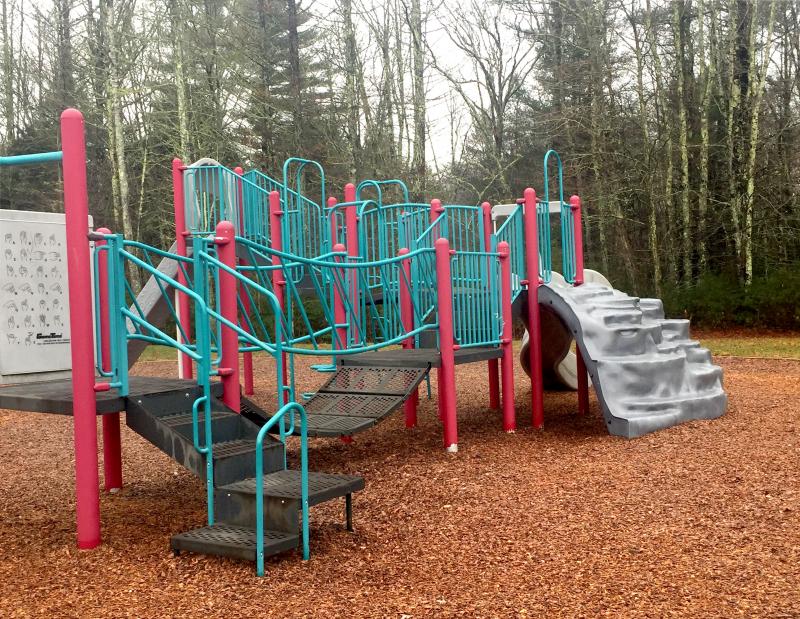Parks Department on playgrounds, parents, budget
In the past 20 years, the number of Parks and Recreation Department properties has grown from seven to more than 30, but the budget doesn’t quite reflect that.
The Parks Board aired its frustrations with town officials on November 29, saying a $13,000 playground fix (for worn out suspension bridges) at Regional Park would eat up a third of the budget.
“You don’t have a lot of money to set aside because your budget’s not there,” said Finance Committee Chair David Tatelbaum. “But your inventory of items to be repaired and replaced is growing exponentially.”
The department’s yearly budget is currently set at $38,000, said Director Tim Lancaster. Additionally, he said, the budget is level funded, meaning it doesn’t necessarily matter what items are added from year to year, or that prices go up, because the total budget has to remain the same.
Dartmouth has a history of making equipment and facilities last due to regular maintenance, said Lancaster. Even though a playground typically lasts 10 years, the set at Regional Park — the second youngest feature in town — is 13 years old, he said.
“We have a 10 year backlog” of repairs, said Lancaster.
The Parks Board and Finance Committee agreed that such expenses merit a larger budget.
Currently, the Parks Department requests monies from an emergency reserve to help with fixes.
The Finance Department will start reviewing departments’ budgeting information in January, as officials prep the FY 2018 budget, which begins July 1, 2017.
Lancaster said keeping up with 21st-century demands is also tough. Specifically, Board members explained the need to safeguard camp children when separated parents and custody become an issue.
Lancaster explained that a lack of indoor facilities — specifically at the Apponagansett Beach location — makes it hard to protect children. Additionally, a lack of older staff means young adults are first-responders to these sorts of confrontations.
“Twenty-eight properties rely heavily on assistant managers, which are college kids,” said Lancaster. “We need to address this need for more adult oversight.”
Two town-run summer camps — at Apponagansett and Quinn Elementary — each host about 40 kids weekly, said Lancaster. Others are enrolled in Parks programs, such as tennis and golf lessons.
“When I’m the only adult, it’s a strain that we have to overcome,” said Lancaster. “There’s only so many locations you can oversee at one time.”
The feedback was well received by Town Administrator David Cressman, who agreed to help redefine job descriptions and add seasonal positions to better protect youth and alleviate stress on staff.
The stress on resources also brought up the need for more indoor sports facilities for both the town and area nonprofits. Current facilities are rented to nonprofits including the Dartmouth Youth Activities Association and the Dartmouth Girls Athletic League, but their needs also call for more space, said Lancaster.
Lancaster suggested vacating the Smith Neck School used by the department, selling it, and using the money for a new facility.
There’s town land behind Crapo field, said Lancaster, implying that a facility could be built there. The department is also eyeing fields at the Gidley School that may be used after Dartmouth Police relocate there.













